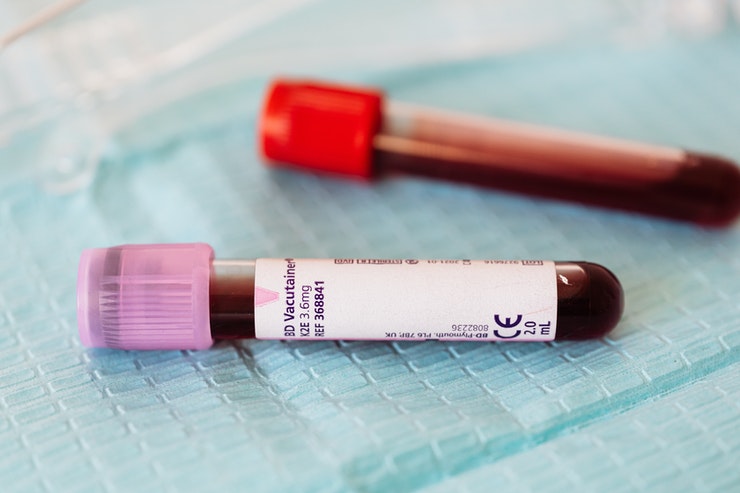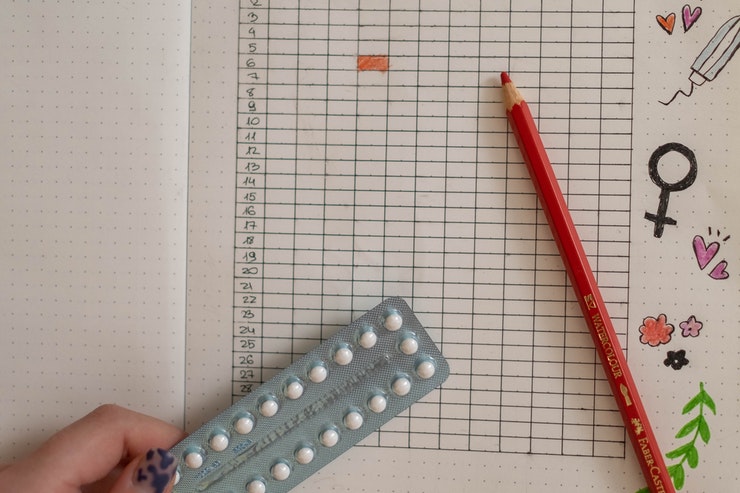Prolactin is a hormone that helps women to produce milk after the birth of a baby. When levels are high, ovulation is hindered; that is why many nursing mothers do not get a period while their babies are nursing at peak capacity.
Reducing estrogen levels in women and progesterone levels in men, prolactin can have a serious effect on both male and female fertility, causing a loss of ovulation in the female and a poor production of sperm in males.










